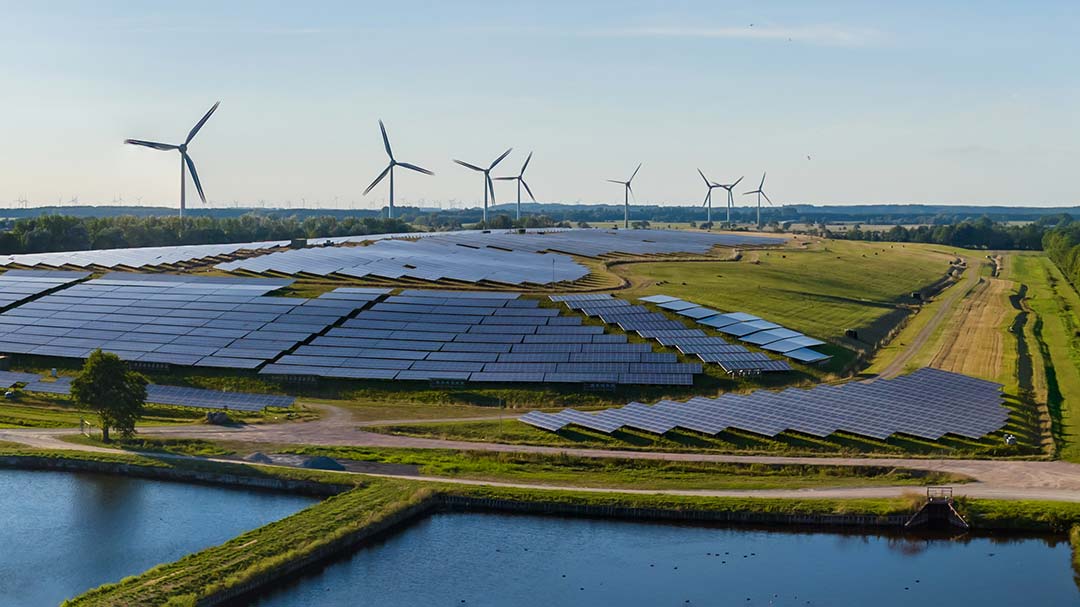
Frank Hütten
Company vehicle fleets are to become one of the “green lead markets” through which the EU Commission wants to boost demand for sustainable technologies “Made in Europe”. This is according to a draft of the Clean Industrial Deal, a strategy paper to be presented on February 26. As with steel, car batteries and the construction industry, the Commission wants to set certain requirements for vehicle fleets, such as for sustainability or vehicle resilience. The strategy does not specify whether these should only apply to rental car fleets or also to company truck fleets. A legislative proposal on this is likely to be made in 2026.
With reference to the report on EU competitiveness requested by the EU from former ECB President Mario Draghi, the Commission emphasizes in its strategy that the EU’s climate protection policy offers great economic opportunities if it is well flanked, for example by industrial and trade policy. A “green label” is intended to make products that meet European sustainability standards easily recognizable. In order to promote the sale of electric vehicles, the European Investment Bank (EIB) is to launch “social leasing” programs.
Whether this could also affect commercial vehicles is not specified. The strategy paper also deals with assistance for industry in financing decarbonization. Among other things, the InvestEU programme, which mobilizes private investment via EIB guarantees, is to be strengthened and new subsidy funds are to be set up, which could be fed from revenues from EU emissions trading. However, the sums that the EU wants to provide for this are not yet included in the draft. In addition, the member states are to be given more leeway when it comes to subsidies for clean technologies. According to the paper, the investment plan for sustainable transport announced for the third quarter will focus on promoting the production of environmentally friendly fuels for air and sea transport. It will also include support for the switch to more sustainable modes of land transport, from which the railroads should benefit.
Draghi has described high energy prices as one of the biggest competitive disadvantages for EU companies on the global market. Alongside the Clean Industrial Deal, the Commission intends to present an action plan to reduce energy costs. A draft recommends reducing taxes and fees, the cross-border expansion of pipeline networks, the promotion of long-term purchase agreements and a different regulation of the gas market. The latter is intended to prevent gas price peaks from driving up electricity prices. “If all the proposals in the action plan work, the price of electricity in Germany could fall to half its current level by 2030,” says CDU MEP Peter Liese. The initial proposals for reducing bureaucracy were still being discussed in the College of Commissioners right up to the end. Simplifications to sustainability reporting (CSRD), the EU supply chain law (CSDDD), the taxonomy rules for sustainability criteria on the financial market and the CO2 border carbon adjustment levy for imports from third countries (CBAM) are being discussed.
Do you have a special request?
Contact us if you would like to learn more about the efficiency of German logistics!